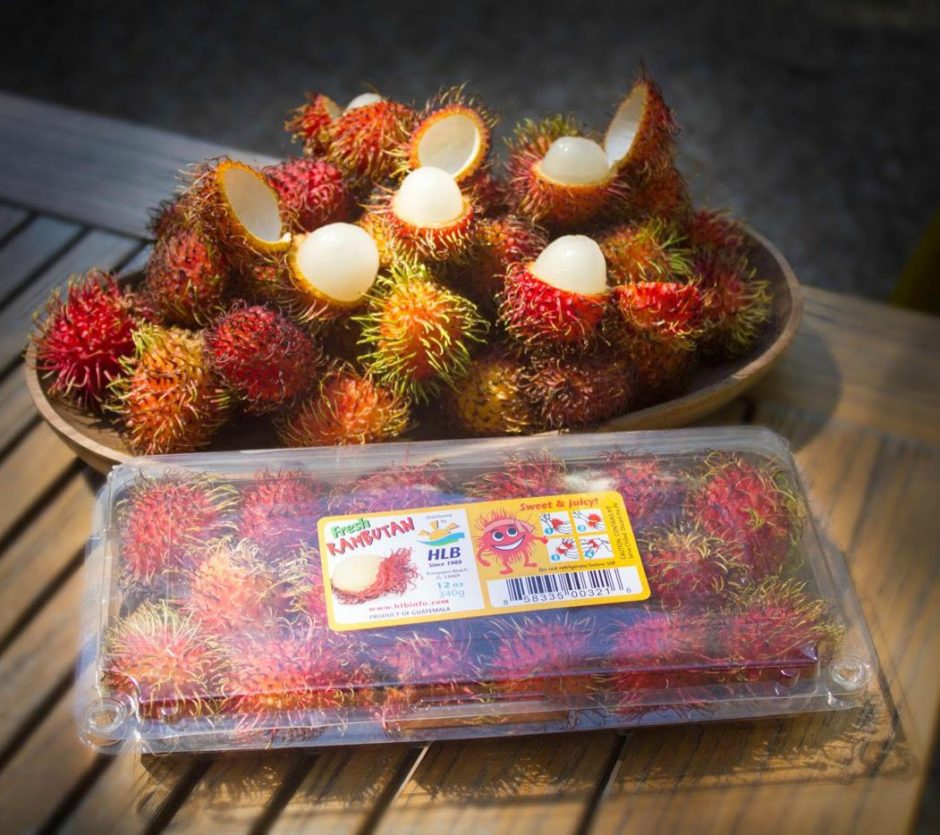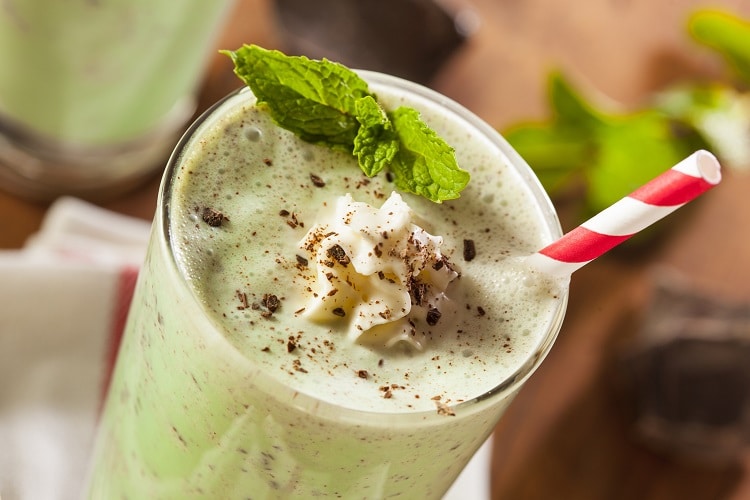 Shoppers on the East Coast and in the Midwest are discovering a new fruit that’s currently being promoted throughout over 2,000 stores in 16 states. It’s called rambutan—and it’s not only tasty, but it also has a very unusual appearance that is especially eye-catching for kids and adults alike. It’s even being called the “new spooky fruit” for Halloween parties.
Shoppers on the East Coast and in the Midwest are discovering a new fruit that’s currently being promoted throughout over 2,000 stores in 16 states. It’s called rambutan—and it’s not only tasty, but it also has a very unusual appearance that is especially eye-catching for kids and adults alike. It’s even being called the “new spooky fruit” for Halloween parties.
Rambutan is a tropical fruit, similar to lychee, and originally from Southeast Asia. It is round and about 1½ inches in diameter and has a large nutty seed in its core. The pulp is slightly translucent white, sweet and mildly acidic. Fresh rambutan has a bright red leathery exterior with soft red spikes, which can also be light green. The seed may be cooked and eaten. In Vietnam, where the fruit is extremely popular, it is nicknamed “messy hair” due to the pliable spines.
Rambutan is very fragrant and has an incredibly sweet and refreshing taste, like a juicy grape gummy, especially when eaten chilled. Rambutan is a fun and healthy fruit that is convenient to eat or carry along for a later snack.
Melissa Hartmann de Barros, director of communications at HLB Specialties, reminds buyers: “If kept in the fridge, rambutans should be protected from low temperatures by wrapping or keeping them in the lower drawers. The cold will turn the exterior dark, which is fine, as long as they are consumed within a few days.” Shoppers are advised to consume the fruits within 5 days.
How do you eat rambutan? It’s simple—hold the fruit with both hands and twist apart or cut at the seam. Separate the skin to open the fruit, peel and pop it whole in your mouth or eat bite by bite, discarding the skin and pit.
Melissa adds, “As we think ahead to October, rambutan is the perfect ‘spooky fruit’ to have at Halloween parties, when candies and sweets are in abundance but parents want to offer a more sensible choice. Their spikes and unusual appearance will entice kids to jump at the opportunity to try something new.”
Rambutans are currently available in Walmart and Whole Foods stores from HLB Specialties, which imports them from Central America. HLB Specialties handles a variety of tropical fruits, including conventional and organic papayas, mangoes, avocados, limes, rambutans and goldenberries.
- Photo: HLB Specialties



